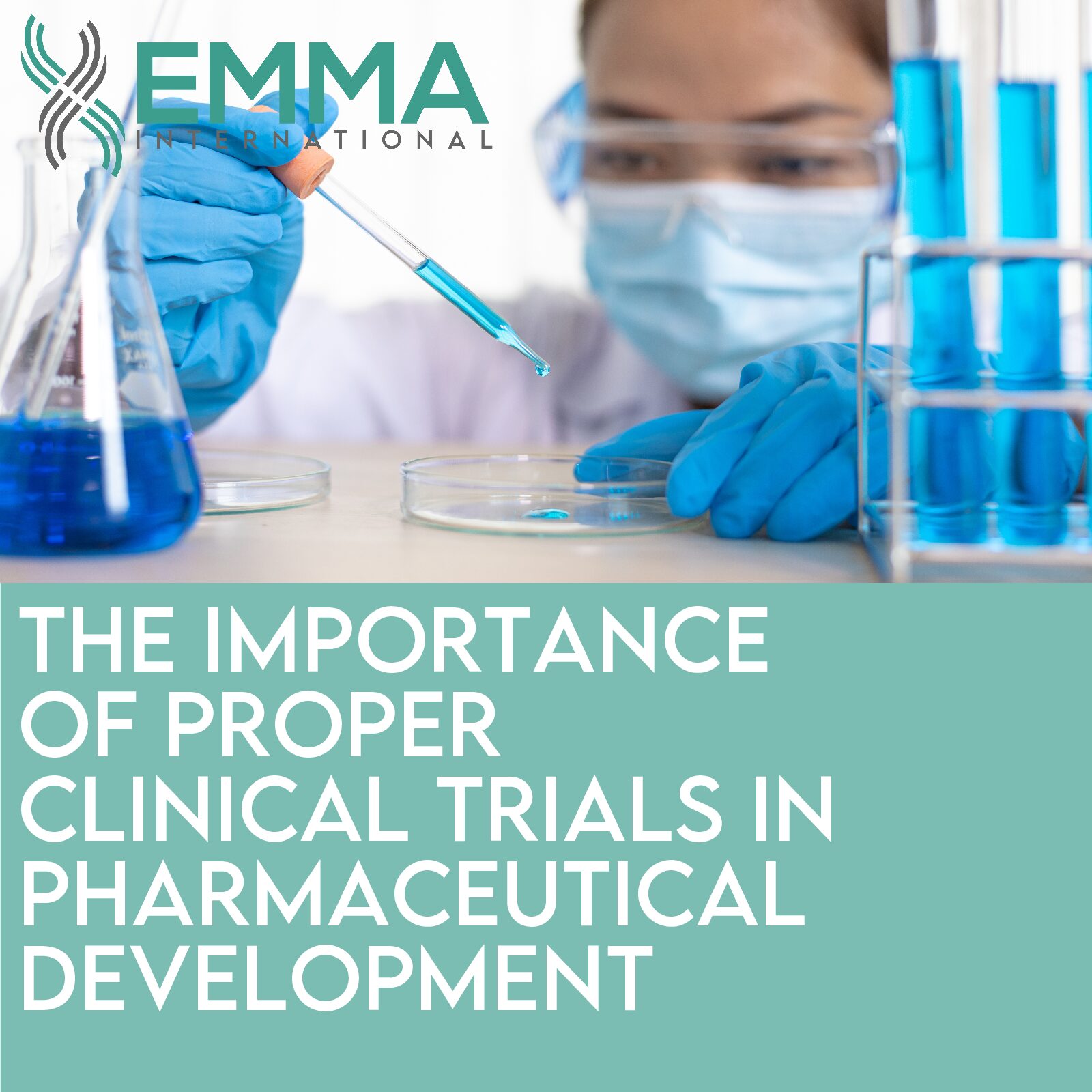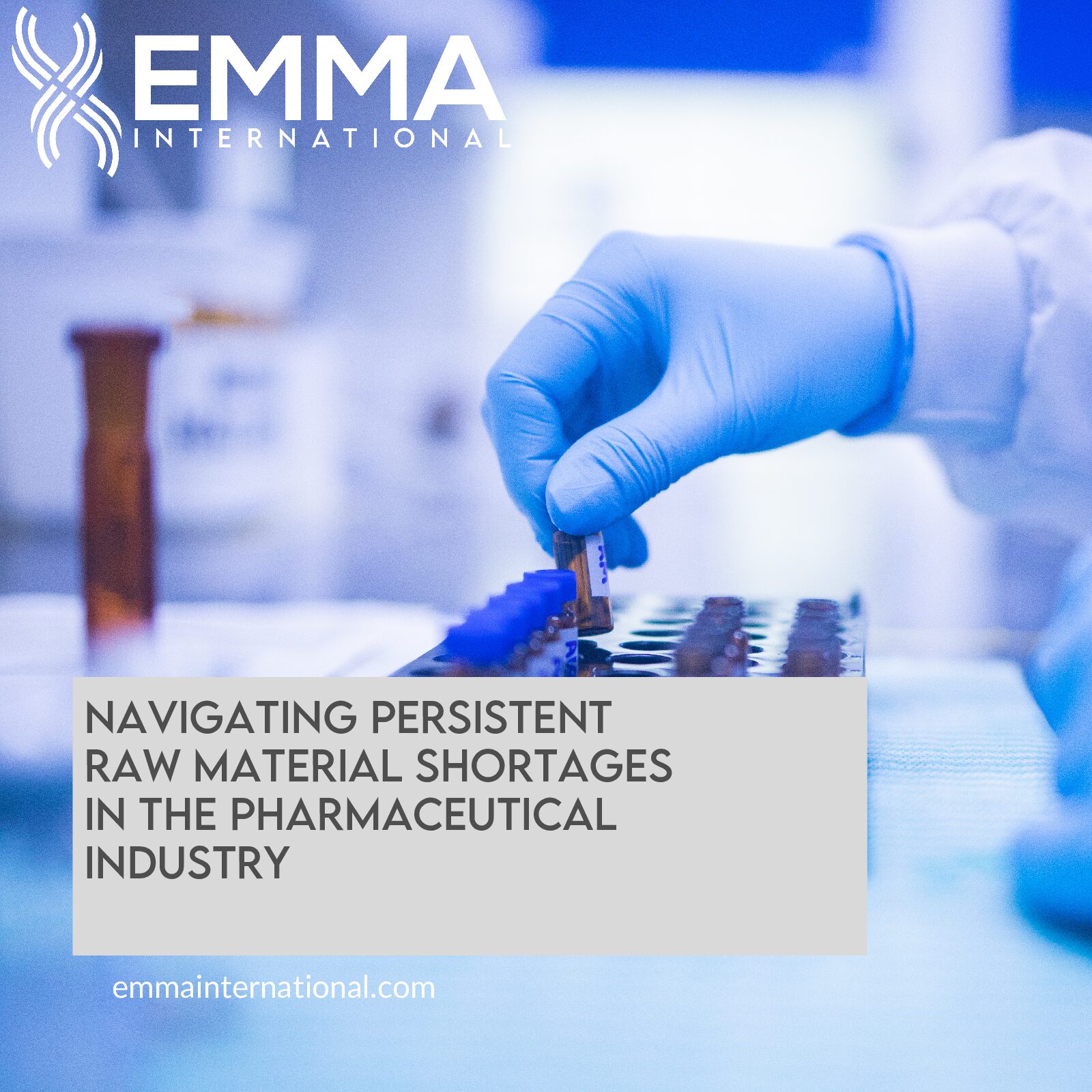In healthcare, the integration of artificial intelligence (AI) has emerged as a transformative force, particularly in the realm of clinical trials for pharmaceuticals. These trials, essential for bringing new drugs and treatments to market, traditionally involve meticulous processes, extensive data analysis, and stringent regulatory compliance. However, with the advent of AI technologies, the landscape is undergoing a profound shift, revolutionizing the way clinical trials are conducted and accelerating the pace of medical innovation.
One of the critical challenges in clinical trials is patient recruitment and selection. Identifying suitable candidates who meet specific criteria is often a time-consuming and resource-intensive process. AI-powered algorithms are revolutionizing this aspect by analyzing vast datasets to identify potential participants more efficiently. Natural language processing (NLP) algorithms can sift through electronic health records (EHRs), medical literature, and even social media to identify eligible patients, streamlining the recruitment process and reducing the time and cost involved.
AI is also instrumental in advancing the concept of personalized medicine by enabling patient stratification. By analyzing diverse patient data, including genetic profiles, biomarkers, and clinical history, AI algorithms can identify subpopulations that are more likely to respond positively to a particular treatment. This approach not only enhances the efficacy of clinical trials but also facilitates the development of targeted therapies tailored to individual patients, ultimately improving patient outcomes.
Designing robust clinical trial protocols is crucial for obtaining reliable results and gaining regulatory approval. AI algorithms can analyze historical trial data to optimize study designs, including the selection of endpoints, treatment dosages, and patient cohorts. By leveraging machine learning techniques, researchers can identify potential biases, predict patient responses, and refine protocols in real time, leading to more efficient and cost-effective trials.
Predictive analytics, powered by AI, play a pivotal role in forecasting clinical trial outcomes. By analyzing various factors such as patient demographics, disease characteristics, and treatment regimens, AI models can predict the likelihood of success or failure for a given trial. These insights enable researchers to proactively address potential challenges, adjust trial parameters, and allocate resources effectively, thereby reducing the risk of trial failures and maximizing the chances of successful outcomes.
Beyond clinical trials, AI is revolutionizing the drug discovery process itself. By leveraging deep learning algorithms and generative models, researchers can expedite the identification of novel drug candidates and repurpose existing drugs for new indications. AI algorithms can analyze molecular structures, predict drug-target interactions, and simulate biological processes, significantly accelerating the pace of drug discovery and reducing the time and cost associated with bringing new therapies to market.
Ensuring regulatory compliance and monitoring patient safety are critical in clinical trials. AI technologies, including natural language processing and predictive modeling, enable real-time monitoring of adverse events, protocol deviations, and regulatory compliance issues. By analyzing vast amounts of clinical data in near real-time, AI systems can identify potential safety concerns early in the trial process, allowing researchers to take proactive measures to mitigate risks and ensure participant safety.
The integration of AI into pharmaceutical clinical trials represents a paradigm shift in the way medical research is conducted. By harnessing the power of AI algorithms, researchers can streamline patient recruitment, personalize treatment approaches, optimize trial designs, and expedite the drug discovery process. Moreover, AI enables proactive risk management, enhances regulatory compliance, and improves patient safety throughout the trial lifecycle.
Trust the experts at EMMA International to ensure complete compliance of your clinical trial activities, including AI integration. Call us at 248-987-4497 or email info@emmainternational.com to learn more.
FDA (March 2024) Artificial Intelligence and Machine Learning (AI/ML) for Drug Development retrieved from: https://www.fda.gov/science-research/science-and-research-special-topics/artificial-intelligence-and-machine-learning-aiml-drug-development






